|
Here’s a preview of their presentation:
Tips for Easier Gardening
Select tools that are best for you:
Techniques
0 Comments
We're entering peak season at the Spooner Agriculture Research Station, Teaching & Display Garden, located at 780 Orchard Lane, Spooner. Photos taken this week highlight native plants and All-America Selections Annuals and Vegetables. The garden is open to the public for self-guided tours during daylight hours, seven days a week mid-May through mid-September. Hover over each photo for description.
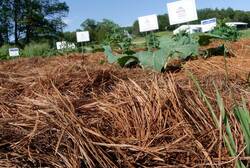 We often get questions about using pine needles, also known as pine straw in either compost or used as mulch. Same questions for oak leaves. Many believe that using pine straw or oak leaves will acidify the soil and not be suitable for many plants. This year a large donation of pine straw was provided to the Spooner Agricultural Research Station Teaching and Display Garden. Master Gardeners immediately put it to good use as a mulch. Below is an article contributed by Kevin Schoessow, UW Extension Area Agriculture Development Educator, Spooner Agricultural Research Station providing information on this question. Pine needles, like other leaves, are perfectly fine to add to your compost pile. Keep in mind that pine needles, like other leaves or straw, are high in carbon and are considered “brown” materials and should be mixed in a ratio of approximately 3 to 1 with “greens” like grass clipping or food scraps which are higher nitrogen materials.
Fresh pine needles--because of their waxy coating--take a long time to break down and should be limited to no more than 10 percent of the total brown material added to a compost pile. Shredding pine needles and other materials added to the compost will increase the surface area of these materials and speed up decomposition. While fresh pine needles, or oak leaves for that matter, have a pH ranging between 3.2-3.8, they do very little to impact the pH of finished compost. The reason is that as needles and leaves break down, they are neutralized by the microbes that are doing the decomposing work. Most finished compost has a pH of 6.8-7.0 which is very neutral. Another potential benefit of pine needles in the compost pile is that they help maintain good aeration. They do not compact readily and keep air flowing through the pile, which is also important in speeding up the composting process. The notion that pine needles change compost or soil pH is basically a myth. Even if freshly fallen pine needles that have been added to compost are mixed into soil, they will only have a slight impact on pH and over time this impact will be diminished by decomposing microbes. Part of the reason this myth continues is because people associate pine trees with acid soil and that it is hard to grown anything under a pine tree. Everyone assumes that the accumulated pine needles are making the soil so acidic that nothing will grow. The reason nothing will grow is because the roots of evergreens are so numerous and shallow that they outcompete other plants for water and nutrients. They also tend to create quite dense shade which is a difficult growing situation for many plants. So if you are blessed with an abundance of fallen pine needles, rest assured that they are perfectly fine to add to compost--although in limited amounts. Fallen pine needles, sometimes referred to as pine straw, is also a suitable mulch for flower beds, under trees and around shrubs and even in the garden. Remember that the little acid that might be found in pine straw and other leaf materials will be neutralized by microbes and will have negligible effects on soil pH. The Internet is a great way to get current information on almost any topic, but how do you sort through all the information and find a reliable source? Here are a few tips to limit your searches that will do the sorting for you. This example gives you the results using the various methods in Google for “green bean rust”. Typing in green bean rust into a search engine resulted in about 1,120,000,000 results! I did this same experiment in 2012 with 8.5 million results, which is an indication of how much the Internet has exploded in just a decade. In trying to narrow it down – here are the results:
The Master Gardener program highly recommends obtaining your information from reliable sources. Preferred sources include academic institutions, government agencies, botanical gardens, and non-profit organizations. Tip from the Master Gardener Program
While it is better to use a preferred source for information, other sources often come up first when looking things up online. Don’t stop there! Use this as the first step in the process of finding information and searching for more preferred sources. You may learn terms or concepts that you can then apply in a new search with keywords that also use the word “university” or “.edu” to help bring up university sources of information. |
|
| North Country MGV | gARDEN bLOGS |
Location |
|
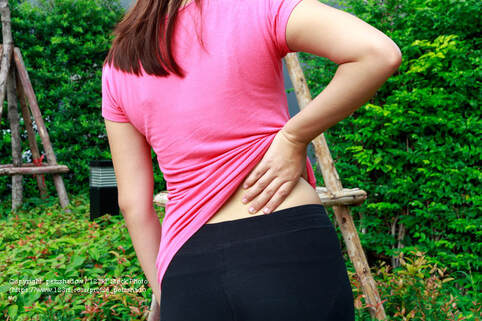
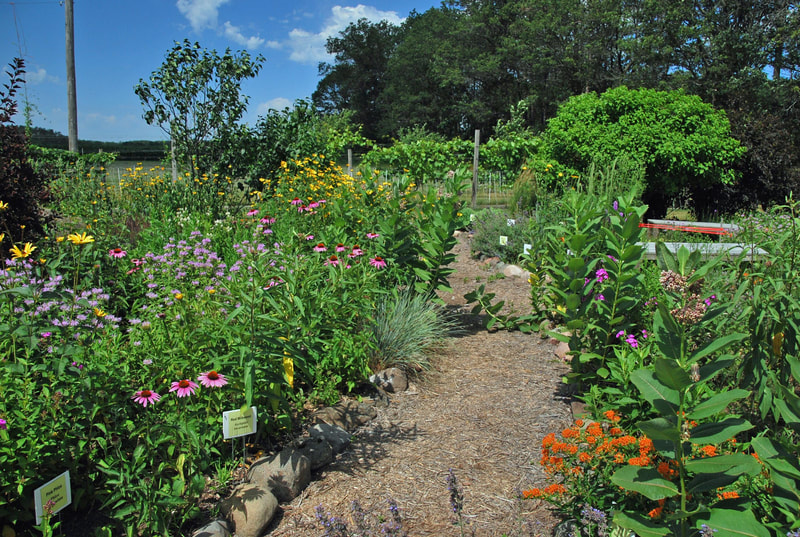
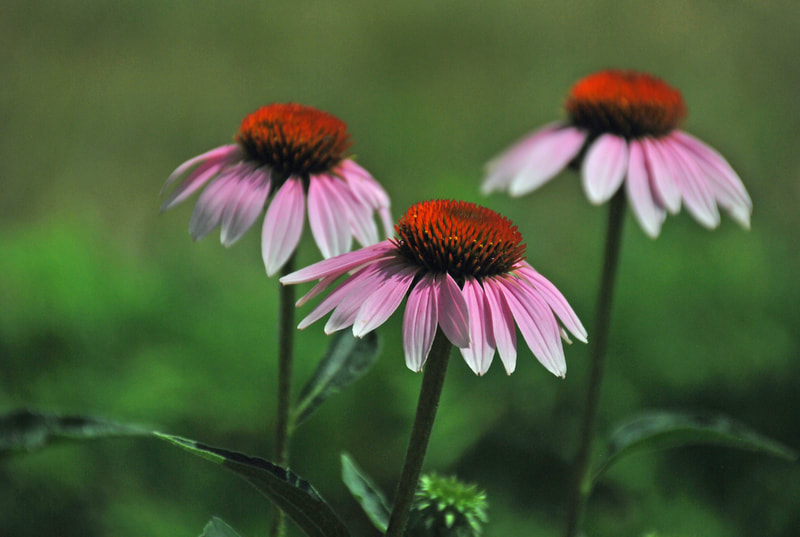
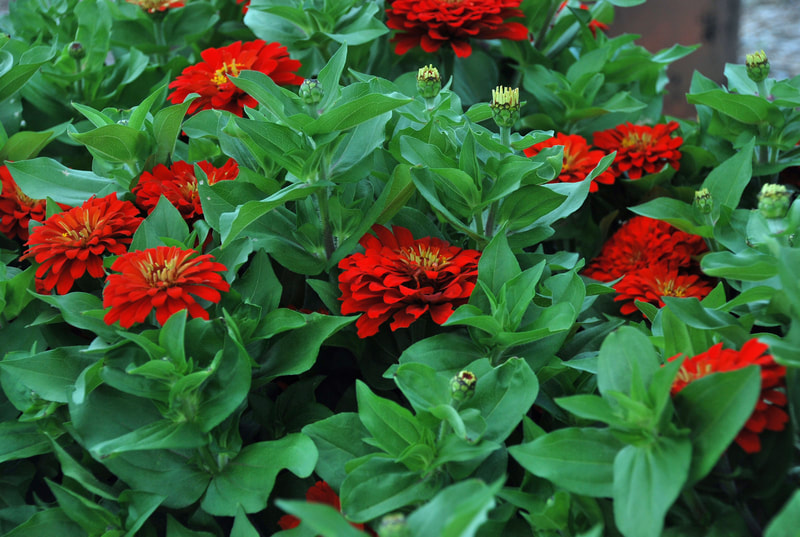
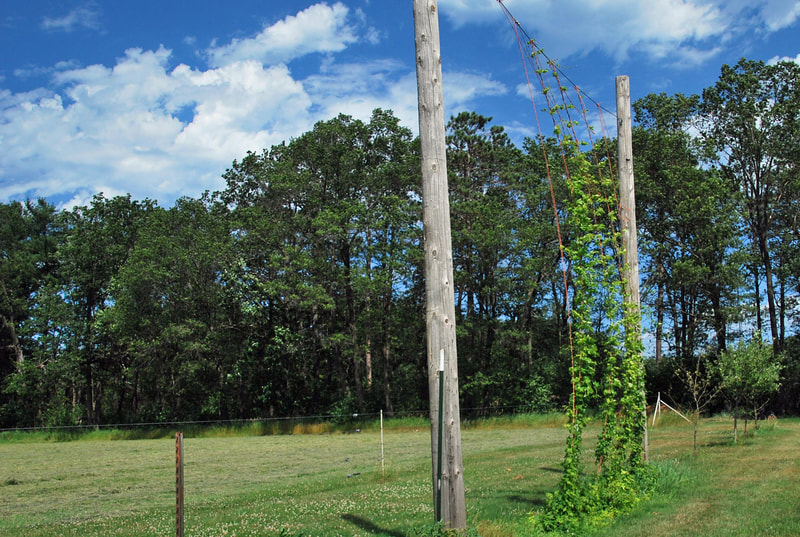
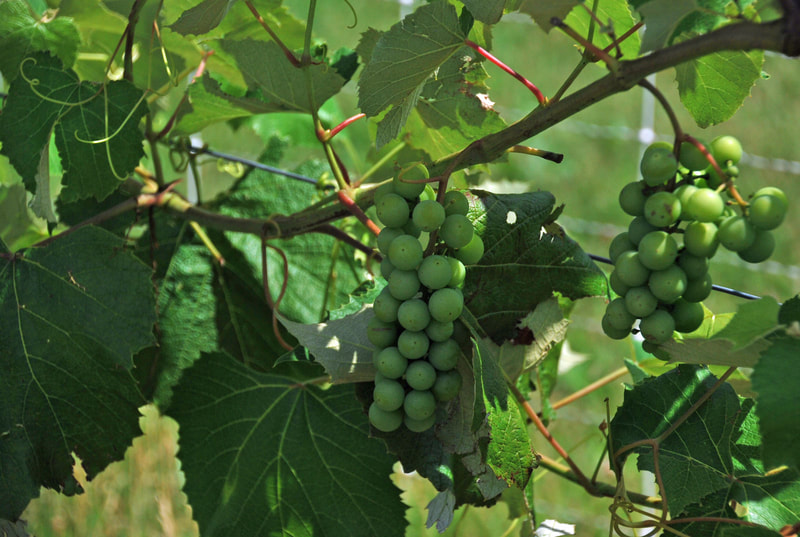
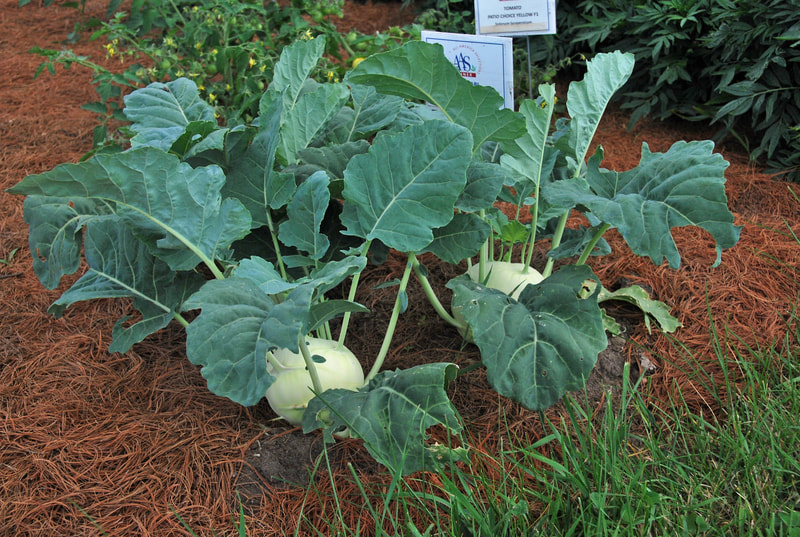
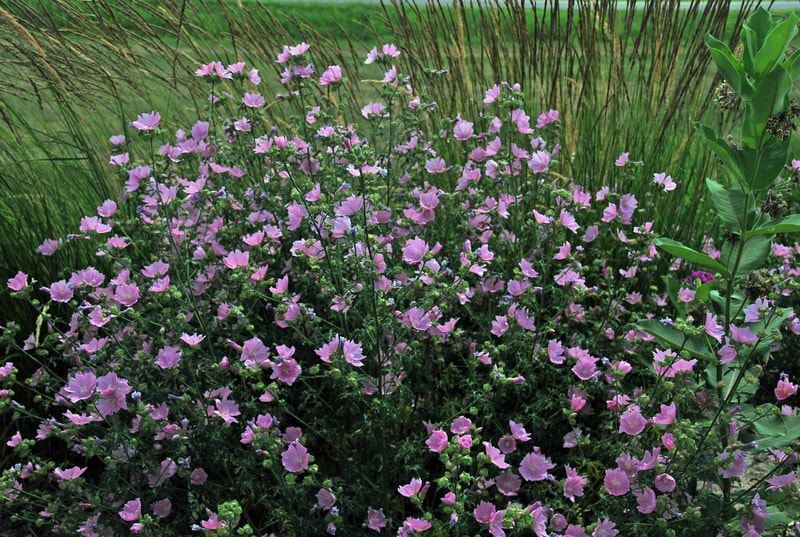
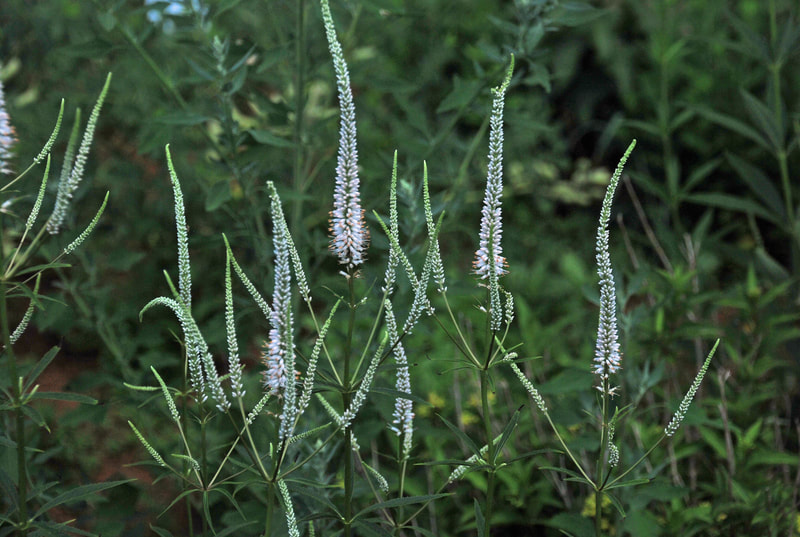
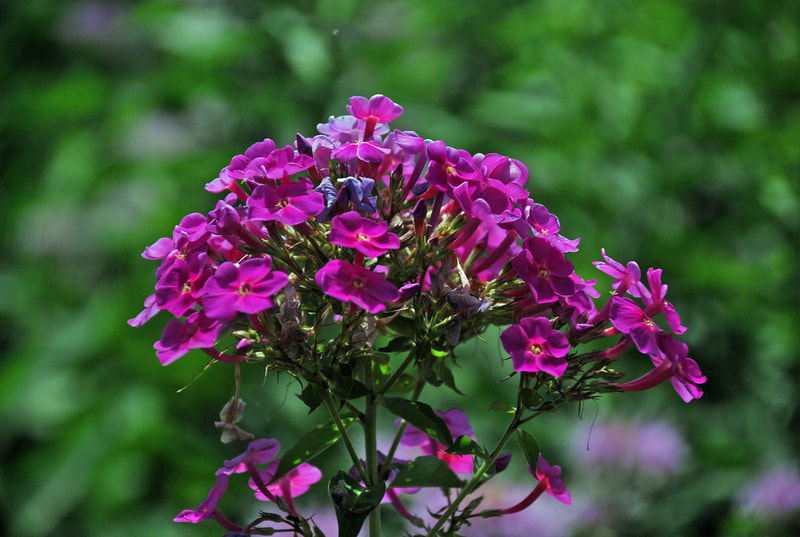
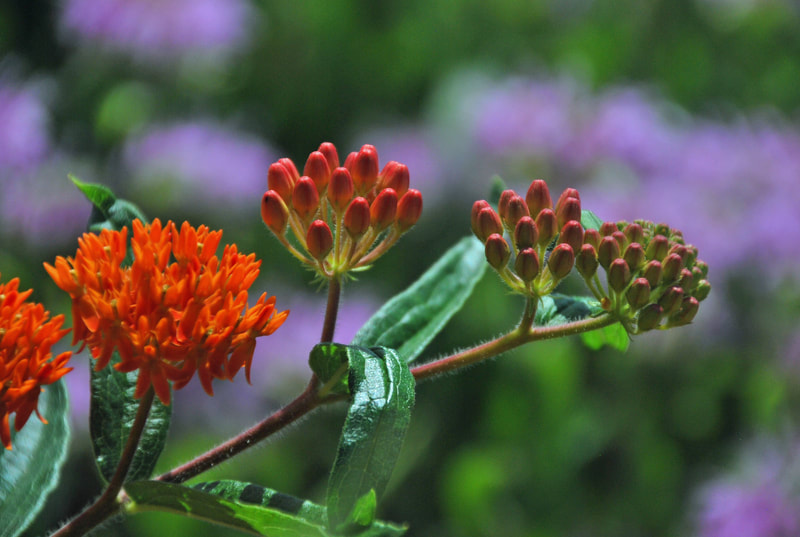
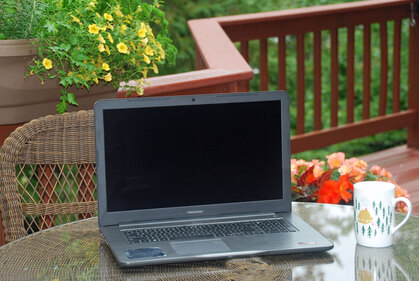
 RSS Feed
RSS Feed